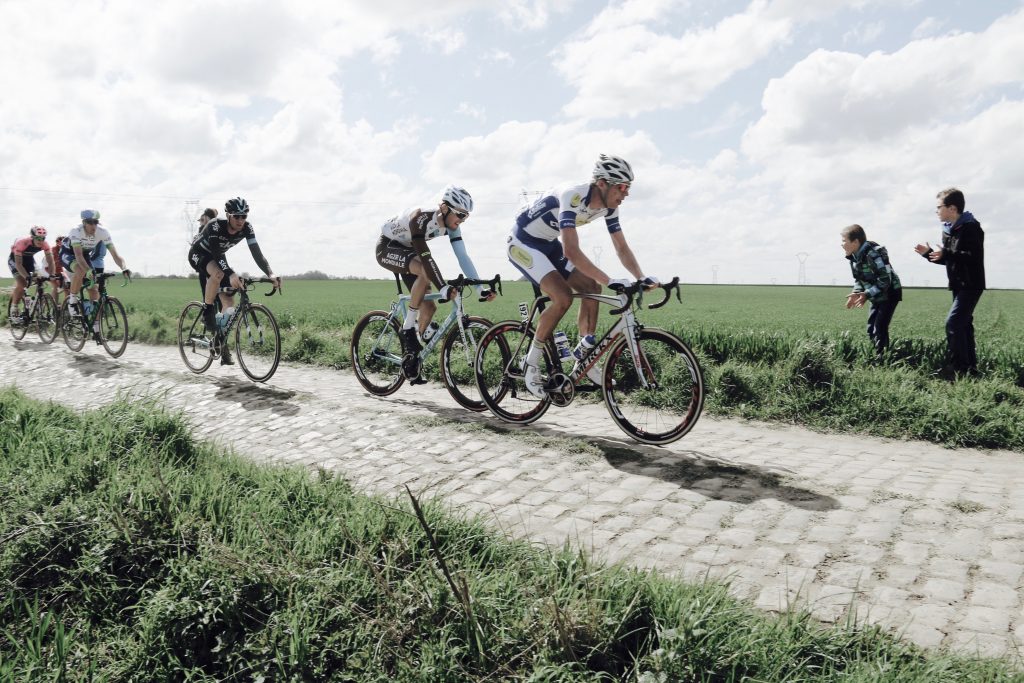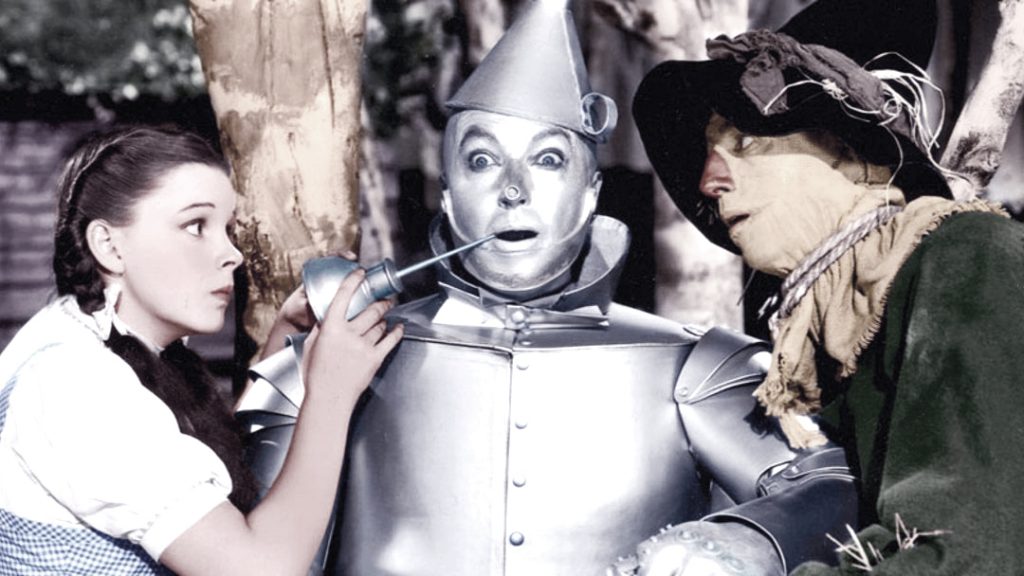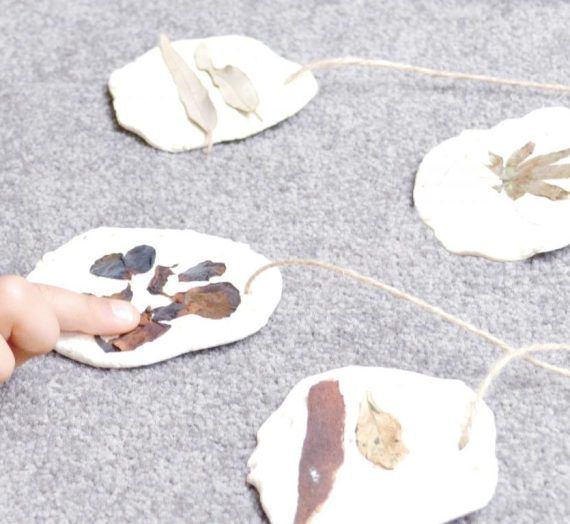Let me just say firstly that I have no desire to tell other mums or dads how to parent. I have had no masters degree on the subject and I’m on child number one, so it would also be haughty of me to sit here tell you all how I have it right.
But since I’ve begun a blog about how to ‘mum mindfully’ through my own experience, why not share some of the experimental aspects that worked well so far?
Starting with another hot topic in amongst mum circles: Screen Time.
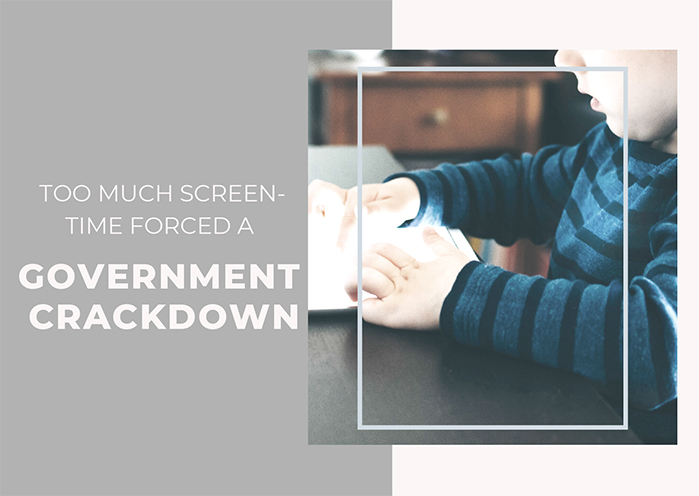
‘Screen Time’ has, in the last few years, developed a bad reputation. The affects of children having too much screen time has been such that even the Australian government felt it time to take the matter up politically, officially recommending that children over two years old should not have more than two hours of ‘screen time’ a day.
An American study in 2019 reported that excessive screen time (primarily in the form of active video games) were shown to cause ‘musculoskeletal disorders, headaches, obesity and poor sleep.’
But what about the gentle half an hour-hour shows like Bluey, Play School or even Sesame Street?
We all know mums need a break and more often than not the kids need some time to slow down and just be still. But does it actually better your kid to be on the sofa for an hour or two watching Peppa Pig?
(And before delving into this question, I’m purely talking about ‘screen time’ in the form of a television set, not an ipad, phone or any other technological devise. Those are separate issues, perhaps for another post.)
My husband and I were always harshly against any kind of screen time for our daughter Acacia. Only when fevers were high was there an allowance for an episode or two of Peter Rabbit, just to take her mind off the sickness and force her to lie down.
When she reached two and a half I held a mini experiment. I put on an episode of Sesame Street‘s ABC learning and sat Acacia in front of it. I stood back and observed.
She had no real idea what was being said by the strange sounding puppets and just gazed trance-like at the flashing colors, numbers and letters that fell down the screen and bounced around in time to music.
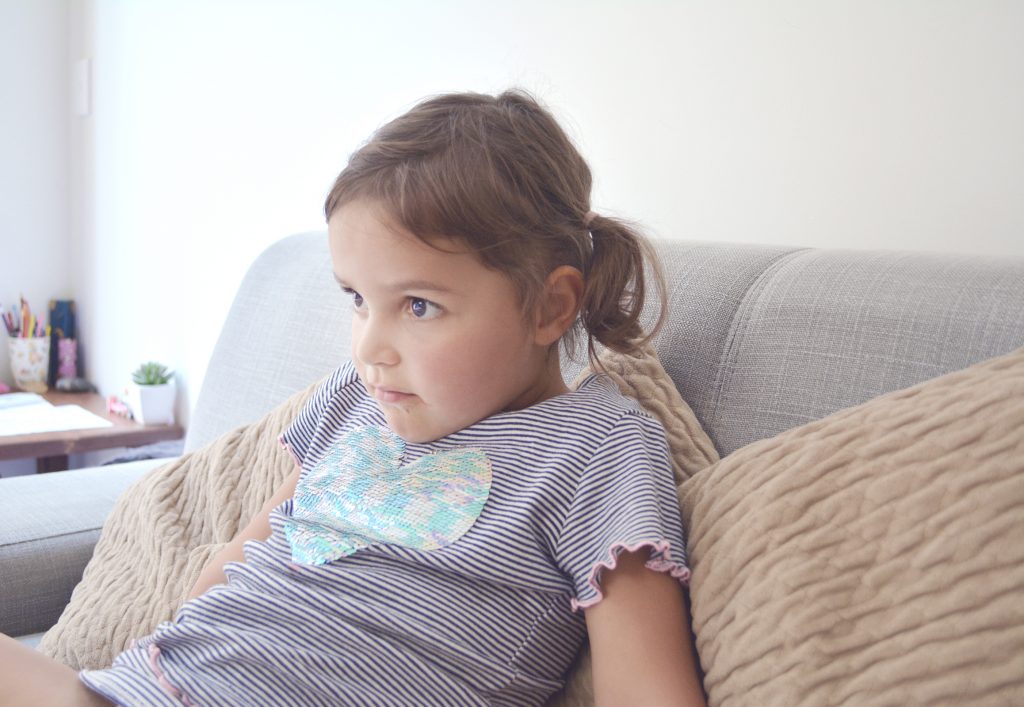
She was glued, but processed little of the actual learning material. When the episode was over I turned off the TV.
To my horror, instead of smiling with appreciation or regurgitating her newly learned material back to me, she fell to the ground and burst out crying whilst demanding she watch more. An obsession and dependence on a stimulant that was beyond her brain’s capability to fully process, had already begun.
That was the end for me. ‘Screen Time’ was the enemy and the cause of all the problems we see in our generation of children today.
Until, Acacia turned three, caught a very nasty bug and desperately needed a distraction to settle herself other than reading books.
I turned on Netflix to see if there was anything suitable in the Kids category and found absolutely nothing I was happy for her to watch. So I began typing into the search tab ‘Animals’ and up popped Our Planet.
Everything changed.
No stimulating music, flashing colors and weird looking puppet/people talking and dancing. No surrealism. No nonsense.
This was twenty minutes of a world she knew; animals, forests, oceans. Real life happening in front of her that she could follow and mentally digest.
And instead of leaving her alone with it while I prepared dinner, I (by her request) orated David Attenborough’s narrative in a way she could understand. If she had a question (and for the most part she did) I was there to answer them. If something was happening too fast I caught her up on it.
After our twenty minutes in the jungles of India Acacia was settled, awe-struck, inquisitive, educated, entertained and happy.
Screen time had miraculously bettered my child!
After that I slowly began to introduce carefully thought-out, tailored, educational yet inspiring shows or films to Acacia.
Our Planet, Singin’ in the Rain, Olympic gymnastics, Sound of Music, Tour de France, Wizard of Oz, Lizi Qi.
Planetary knowledge, song and dance composition, gymnastics, structured story telling, sports and sustainability through permaculture. These are some of the take-aways from the unconventional screen time Acacia and I have together every so often.
And while there will be the odd beckoning to watch another movie after already seeing one, or to keep watching the cycling until the Pelaton finish their round, there is no dependence or daily ritual of needing the screen time.
So what’s the secret of getting your kid hooked on beneficial screen time?
1. TAILORED SELECTION
What’s something your kid has a fascination or interest in? Ballet? Trains? Cooking? Bears? Do some quick research and find a youtube channel, streaming portal, Netflix series or library dvd where they can watch The Nutcracker ballet, a documentary about steam engines, farm to table cooking segments like Lizhi Qi or River Cottage or an Our Planet series about Polar Bears.
Engage them in things they already love and gear screen time around their learning deeply about it.
2. SIT WITH THEM
We know TV can be a babysitter, and sometimes it’s forced to be. But when we have the chance to use it as a tool for educating we can’t leave it all up to the screen.
Think about teachers at school. They often utilize short videos to demonstrate something to their class, but do they leave the classroom and let their students watch it for the entirety of the class? No. If they did there would be no point to school and the world would change forever.
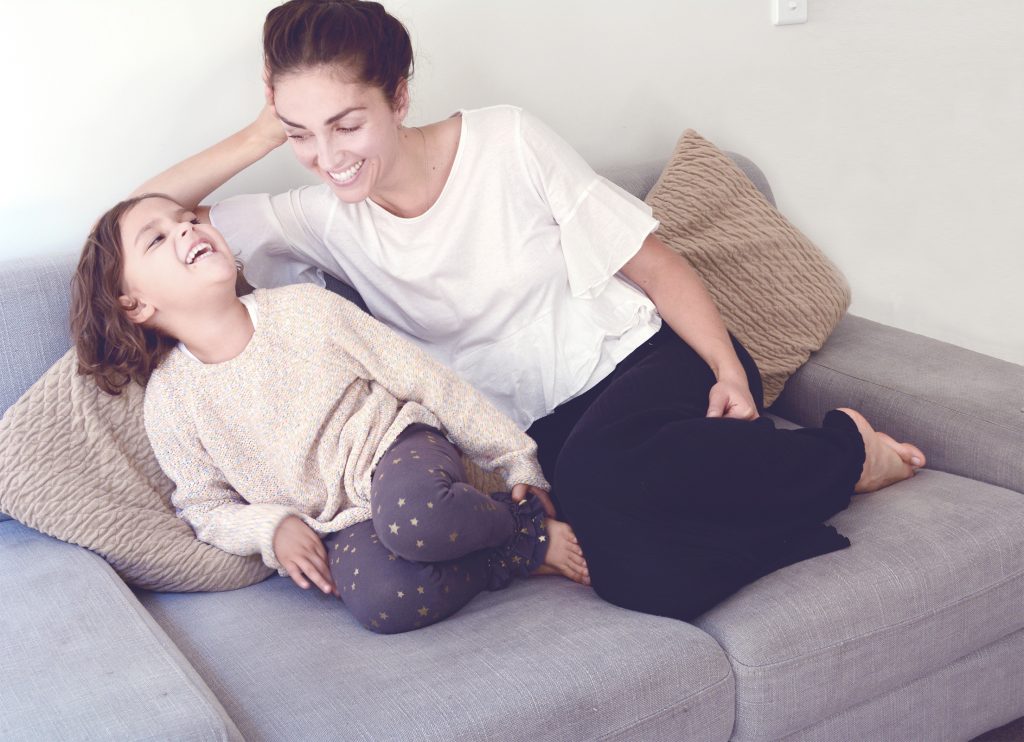
It’s only ever a tool to demonstrate.
The real learning comes from you as the parent having to explain everything that is going on.
Be available for the questions, (there inevitably will be) and most of all be present and interested with them! If they see you too are mesmerized and are absorbing or being entertained, then they’ll know to do the same!
3. INCREMENTS ONLY
While all this is fantastic news to parents, it’s not an excuse to sit on the sofa all day long with your kid while you cruise Netflix and watch the World Cup. Their brains can only take in so much and you’ll know if it’s a twenty minute kind of day or if lying down for an hour and a half and engaging in a story is what they could really benefit from.
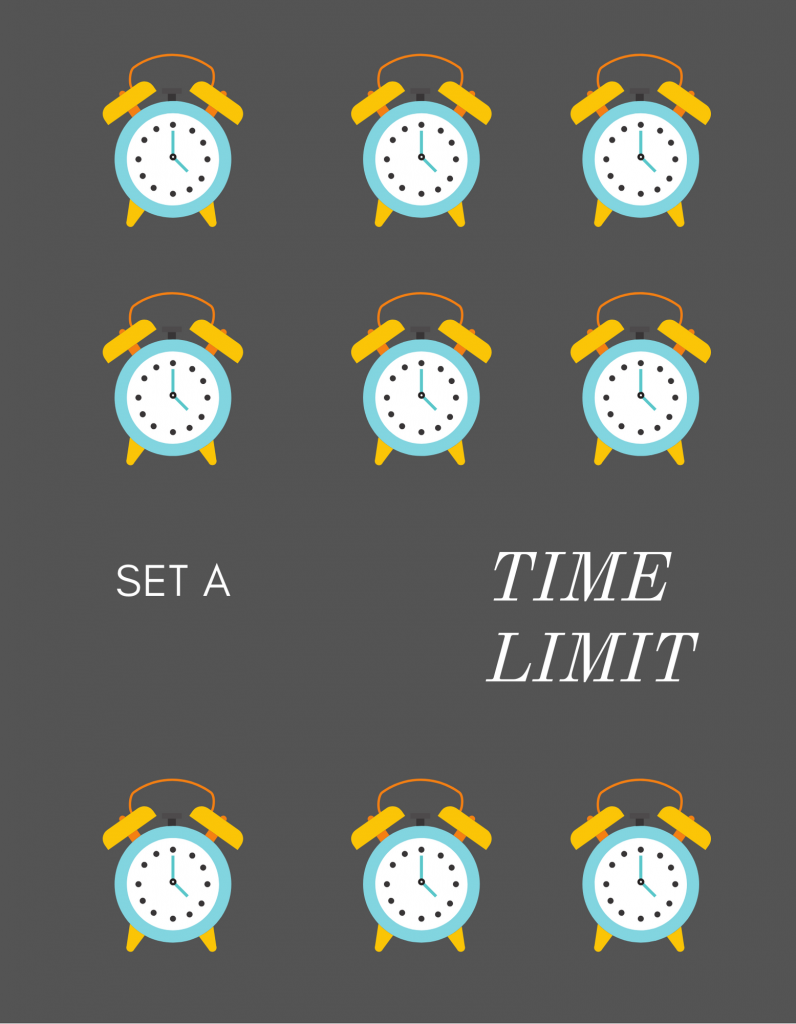
Don’t abuse it, because like with anything, addictive or dependent behavior can develop quickly in children.
So set the boundaries of content and declare the limits of time given to it per week/month!
4. GET EXCITED
I’m quite serious. If your child has been talking nothing else but snails for the last few weeks, sit next to them and allow yourself to be amazed at the wonders of how they’re related to jellyfish or how their mucus improves our skin!

Children only know to relate to things based on how their parents do. If we can show our learning capabilities through technology in a healthy and balanced way, so will they.
And now for the best part…you can get a FREE downloadable PDF of a Weekly Cheatsheet for Beneficial Screen-Time, plus activity suggestions! All you have to do is subscribe at the bottom of this post to get yours sent straight to your inbox!

So the next time your kid demands to watch Peppa Pig or Sponge Bob or some other nonsensical stimulant they have on televised programming these days, don’t be disheartened yet!
Steer them in the right direction and join in with the fun.
There was never anything wrong with the 1950’s picture of a family cuddled up on the sofa together watching something as wondrous as the Moon Landing…but probably not The Wiggles.
Join the conversation by commenting below!




